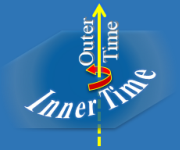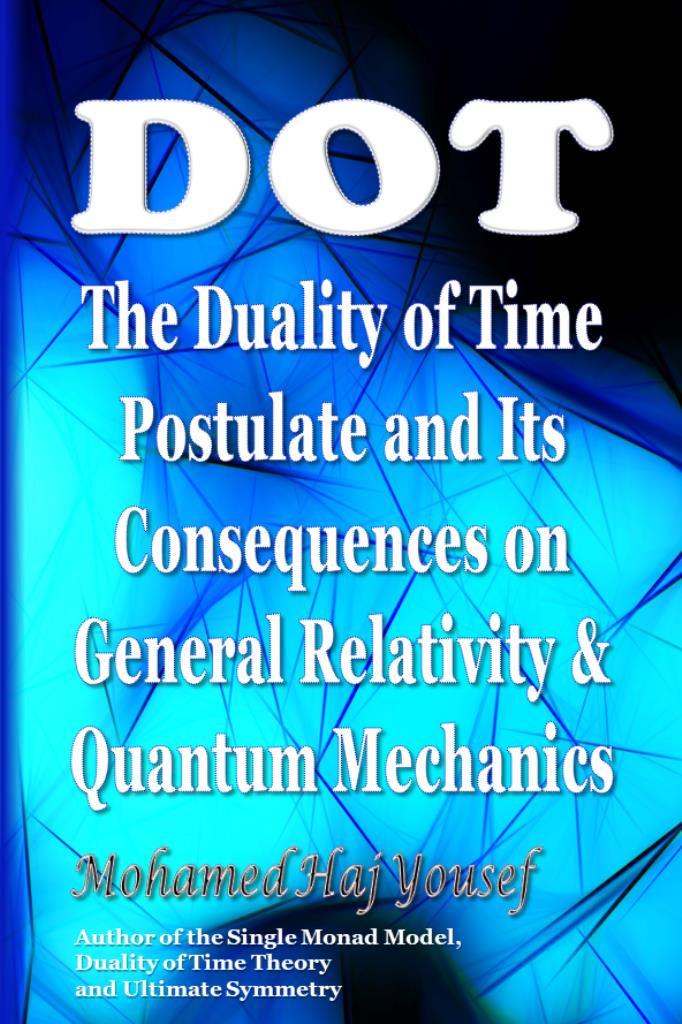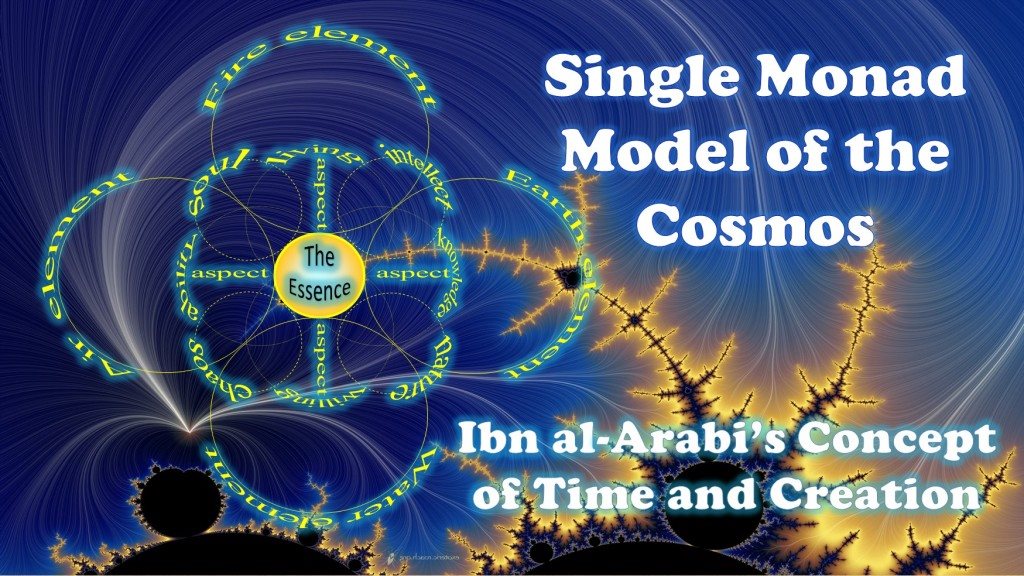
DUALITY OF TIME:
Complex-Time Geometry and Perpetual Creation of Space
Search Inside this Book
2.16.2 Law of Universal Gravitation
Newton’s law of universal gravitation states that a particle with mass attracts every other particle in the universe, with mass
attracts every other particle in the universe, with mass , via a force
, via a force that is directly proportional to the product of their masses, and inversely proportional to the square of the straight-line distance
that is directly proportional to the product of their masses, and inversely proportional to the square of the straight-line distance between their centers. Mathematically, this translates into the following equation:
between their centers. Mathematically, this translates into the following equation:

(2.2)
Typically, the force is measured in newtons, the masses
is measured in newtons, the masses and
and are measured in kilograms, while the distance
are measured in kilograms, while the distance is measured in meters. The constant
is measured in meters. The constant is the universal gravitational constant. The first experimental test of this law was conducted by Henry Cavendish in 1798, between small masses in the laboratory, 111 years after the publication of Principia.
is the universal gravitational constant. The first experimental test of this law was conducted by Henry Cavendish in 1798, between small masses in the laboratory, 111 years after the publication of Principia.
Newton derived this general physical law from empirical observations that he called: inductive reasoning. When Newton’s book was presented in 1686 to the Royal Society, Robert Hooke (1635-1703 AD) made a claim that Newton had obtained the inverse square law from him. It can also be noted that the law of gravitation resembles Coulomb’s law of electrical forces, which is used to calculate the magnitude of the electrical force arising between two charged bodies, since both are inverse-square laws.
Newton’s law of gravitation is now superseded by Einstein’s theory of General Relativity, but it continues to be used as an excellent approximation in most practical applications, when there is no need for extreme precision, or when the gravitational fields are not very strong.
... Space Transcendence Read this short concise exploration of the Duality of Time Postulate: DoT: The Duality of Time Postulate and Its Consequences on General Relativity and Quantum Mechanics ...
... 5.2, electron spin was an essential part of it. When the concept of spin was suggested, Pauli criticized it severely, noting that the electron’s hypothetical surface would have to be MOVING FASTER than the speed of light in order for it to rotate quickly enough to produce the necess ...
... ction. In 1940, Pauli proved the spin-statistics theorem, which states that fermions have half-integer spin and bosons have integer spin, as will be described further when we talk about the Standard Model of elementary particles, in section 5.18. 3.4.2 Pauli Exclusion Principle In 19 ...
... ction. In 1940, Pauli proved the spin-statistics theorem, which states that fermions have half-integer spin and bosons have integer spin, as will be described further when we talk about the Standard Model of elementary particles, in section 5.18. 3.4.2 Pauli Exclusion Principle In 19 ...
... by assigning the particle a spin quantum number, but the direction could be different. The mathematical theory and spin-statistics was developed by Pauli in 1927, and when Dirac derived his RELATIVISTIC QUANTUM mechanics in 1928, as will be discussed in section 5.2, electron spin was an es ...
... all four quantum numbers. This gives rise to different possible arrangements of the orbitals, and how the electrons fill them, which that leads to the organization of the periodic table of CHEMICAL ELEMENTS . Also, the way the atomic orbitals on different atoms combine to form molecular or ...
... �, about an axis and this would account for the missing magnetic moment, because this rotation can be either left or right, which allows two electrons in the same orbital to occupy distinct QUANTUM STATES if they spin in opposite directions, thus satisfying the exclusion principle, as desc ...
... d in section 4.2. The quantum number represented the sense of positive or negative spin. Spin is one of two types of angular momentum, the other being orbital angular momentum, and it is an INTRINSIC PROPERTY carried by elementary particles, composite particles, or hadrons, and also atomic ...
... the organization of the periodic table of chemical elements. Also, the way the atomic orbitals on different atoms combine to form molecular orbitals determines the structure and strength of CHEMICAL BOND s between atoms. Read Other Books: The Single Monad Model of the Cosmos: ...
... quation in 1928, it described the relativistic electron using a four-component spinor, known as a Dirac spinor, which was used for the electron wave-function. In 1940, Pauli proved the spin- STATISTICS THEOREM , which states that fermions have half-integer spin and bosons have integer spin, ...
... ce by Mohamed Haj Yousef Search Inside this Book 3.4.1 Spin Angular Momentum In 1922, Otto Stern (1888-1969) and Walther Gerlach (1889-1979) shot silver atoms through an inhomogeneous MAGNETIC FIELD . They noticed that the atoms would always be deflected a constant distance either up ...
... tical theory and spin-statistics was developed by Pauli in 1927, and when Dirac derived his relativistic quantum mechanics in 1928, as will be discussed in section 5.2, electron spin was an ESSENTIAL PART of it. When the concept of spin was suggested, Pauli criticized it severely, noting t ...


















